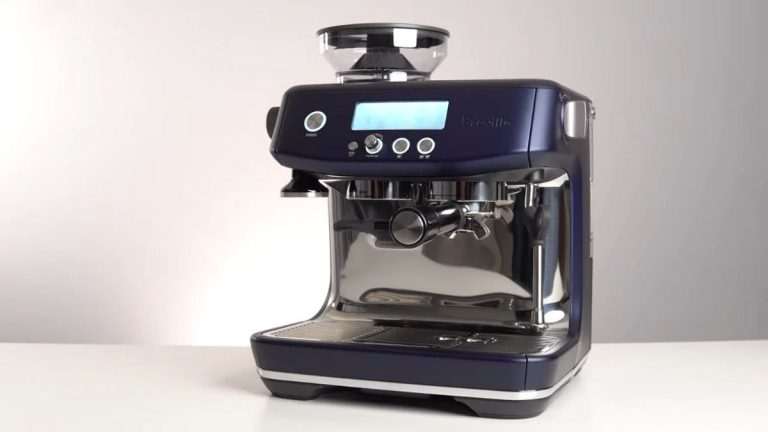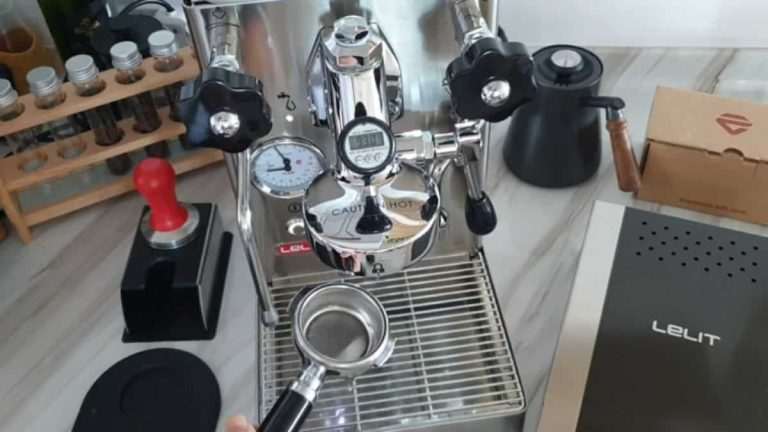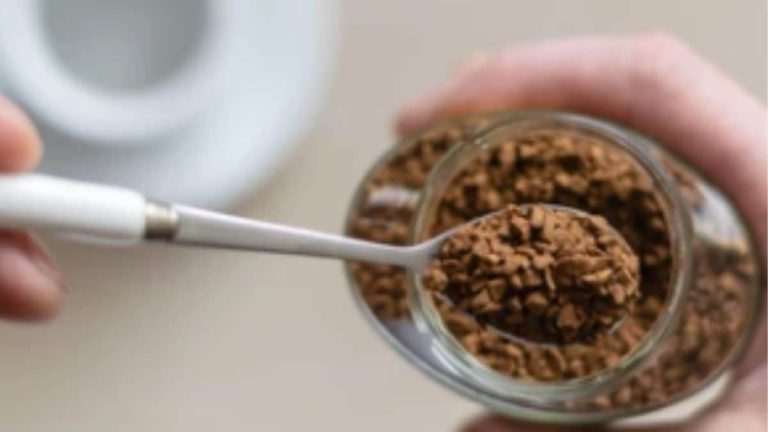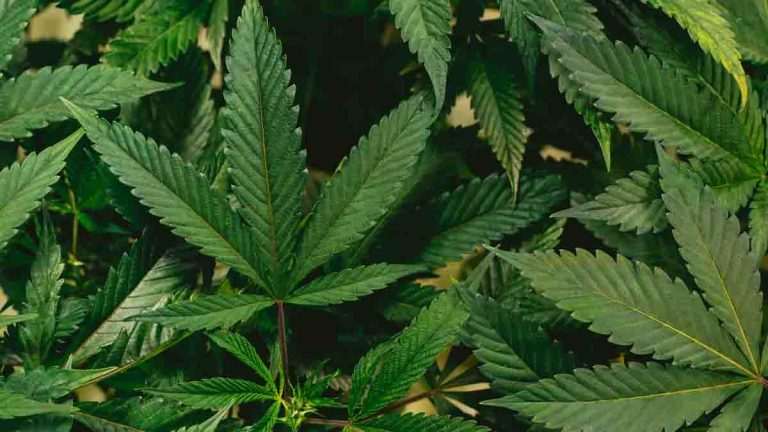How Long Can Coffee Sit Out With Milk?
Do you love to drink coffee in the morning? Is there nothing quite like sipping on a hot cup of coffee while relaxing on a Saturday morning? Then why not take your love for coffee one step further? Do it with milk. And let’s see how long can coffee sit out with milk. will keep you relaxed throughout the day.
How long can coffee sit out with milk really? Well, it doesn’t have a long shelf life. Leftovers tend to get rancid and sour; this especially applies to milk. Milk turns sour at high temperatures leaving a stale and unpleasant aftertaste. I know, we all love that first cup of coffee in the morning and slurping down the last bit of it too. But at what cost? You are sacrificing a nice cup of coffee for a quick sip.
Coffee is a favorite drink of many people. If you are one of them, then you know the importance of its taste. There are many people who take their time to make that perfect cup of coffee. And they also want to enjoy it as much as possible, but how?
Trying to find out how long can coffee sit out with milk might make you think about this question. Coffee is made from dark roasted seeds and beans, which have been roasted in high temperatures. This process gives the final product its special flavor and smell. However, if it sits for too long, it may become bitter. Here are some tips about storing your cup of coffee so you can enjoy the taste for longer:
The temperature matters – The first thing that matters when talking about how long can coffee sit out with milk is the temperature at which you store your coffee. It is recommended that you store it at room temperature or slightly warmer than this. If you don’t want to take any chances, good advice would be to store it in the fridge, but not in the freezer compartment because it may change its special flavor, making it bitter and watery.
Storage container – The next thing that matters is the container you store your coffee in.
Sometimes, it all depends on what type of milk is used. If you’re using unsweetened almond milk, coconut milk or soy milk in your coffee, then it’s probably okay to leave it out for a few hours. However, if you’re using cow’s milk in your coffee, it will go bad within a few hours. If you take cream or sweetener in your coffee, then the rule still applies: it will only last a few hours since this will ruin the taste of your coffee.
TIP: If using cow’s milk in your coffee, bring it inside as soon as possible. Coffee should never be left outside because it will freeze and become very watery and undrinkable. It is best to drink cold brewed iced coffee instead of hot brewed iced coffee so the ice doesn’t melt. This way, you will have fresh iced coffee to drink throughout the day instead of rotten hot coffee that turns into slush due to melted ice.
Can I drink coffee that’s been sitting out?
Table of Contents
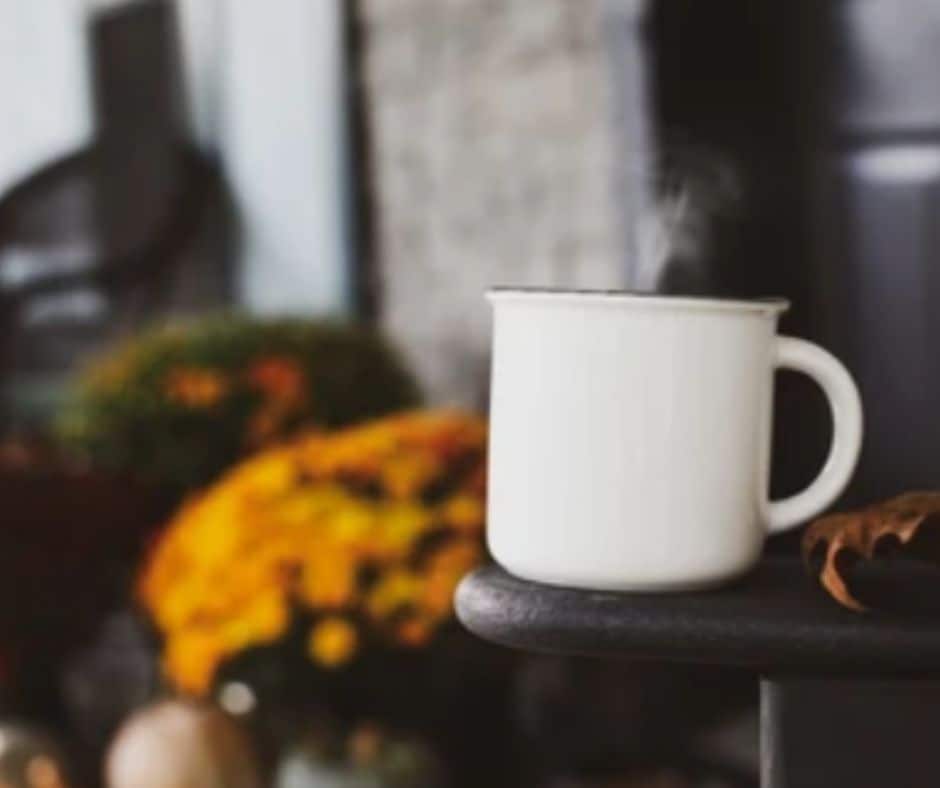
The short answer to the question of whether you can drink a coffee that has been sitting out is no. The longer way: Coffee is made up of a large number of different molecules, and these molecules are sensitive to a lot of things and degrade rapidly when exposed to heat, light, air, and humidity. If a hot drink sits out it will cool off and could contain an increasingly large number of off-flavors as the various chemicals that make up your hot beverage degrade.
Coffee is one of the most popular drinks in the world. In fact, according to National Coffee Association, over 50% of adult Americans consume coffee every day. It has been said that “coffee is liquid gold” and “coffee keeps America going”. Unfortunately, some people do not understand how to store their coffee so it stays fresh! Here are some tips for storing your coffee so you can enjoy its delicious flavor for a long time.
Can I Drink Coffee That’s Been Sitting Out? If You Ask Me, The Answer Is No.
As a barista, I was taught that coffee needs to be served as soon as possible after being made. Coffee will continue to degas (release CO2), even after you take it off the burner. This degassing process is what will cause your coffee to taste bitter if left on your warmer for too long. And remember, degassing happens well after the coffee is actually done brewing.
So, if you brewed a pot of coffee this morning and are just now getting around to serving it, chances are it’s well past its prime (I’m talking hours here). If you’re going to leave the coffee on a warmer for more than an hour or so, set the timer on your warmer and have another pot of fresh coffee ready!
Is there still a good reason to serve freshly brewed coffee? Absolutely! Serving freshly brewed coffee is always better than letting it sit and go stale. When we taste coffees side by side blind, this is an easy thing to pick up on.
How long can coffee sit out before it gets bad?
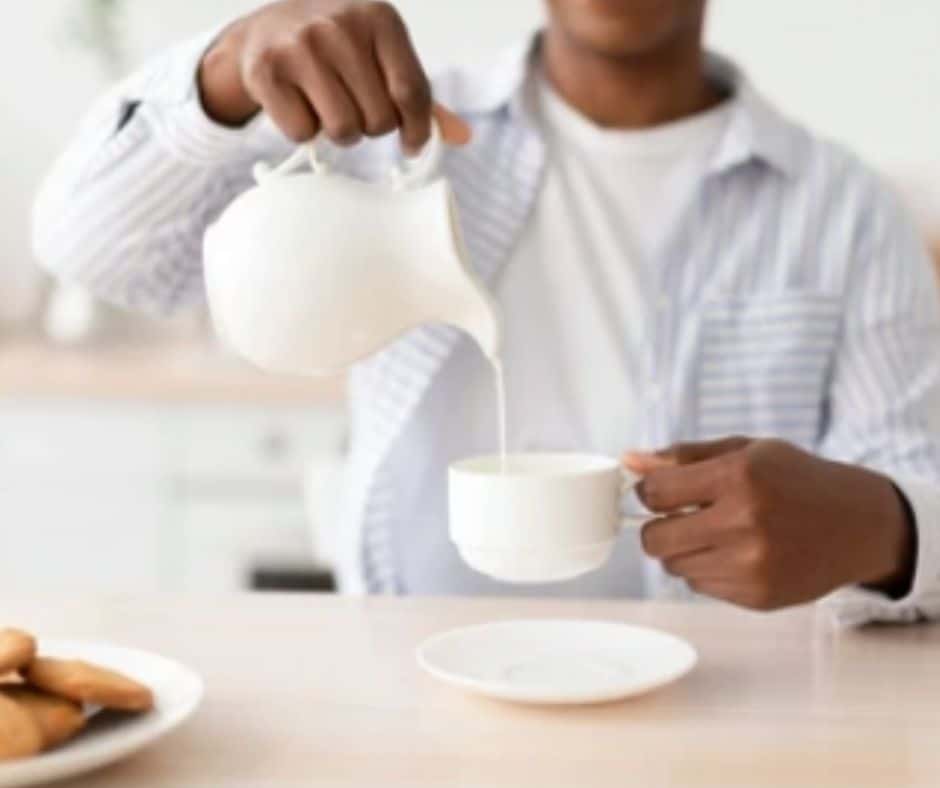
Coffee is a drink that most of us start our day with. And, it’s no coincidence that the buzz you get from consuming many cups of coffee comes from these magical beans. It has become an integral part of our lives so much so that people keep a fresh supply at home all the time. Since we consume multiple cups every day, we might be curious about how long can coffee sit out before it gets bad? As a matter of fact, there doesn’t seem to be any ideal lifespan for coffee as per the standards of food safety.
Coffee can sit out for a long time, but there’s nothing like great coffee from fresh beans. If you’re wondering how long that bag of coffee can sit out, the answer is simple: it depends on how it’s stored.
A sealed bag of coffee in an airtight container can stay fresh for one to two weeks. If you have the beans in a bag and keep them in your freezer, that can be extended to about six months. But if you don’t plan on drinking the entire five-pound bag right away, consider getting a small airtight container or a vacuum sealer and portioning it into 1-2 cup servings so you don’t have to worry about it going bad.
There are also several factors that will affect how long coffee stays fresh, such as the roast date of the beans and whether they are whole or ground. Whole beans tend to stay fresh longer than ground ones because they aren’t exposed to oxygen. Ground coffee also has a shorter shelf life because water gets inside the bag and starts to break down its oils.
The best way to store opened bags of ground coffee is in an airtight container or vacuum sealer. This will preserve its flavor and aroma as well as its rich body and taste for up to six months.
Coffee is only good for about 7 days once it has been ground. The reason for this short lifespan is due to the roasted coffee bean releasing carbon dioxide. The longer the bean sits around, the more CO2 seeps out and makes your coffee stale.
There’s no way to precisely predict how long your ground coffee will continue to taste good because the speed at which flavor degenerates depends on the type of bean and how fresh it was when you purchased it. Many factors also influence the lifespan of whole beans in your pantry.
What happens to brewed coffee if it’s left to sit out?

Recently, a reader asked what happens to coffee if left to sit out. It’s worth noting that a lot of the time people leave their coffee out on purpose — they might have poured a cup, walked away, and then decided to come back for another cup. They then wonder why their coffee tastes strange or different. The answer is in what happens to the remaining coffee while it was sitting out, as this will affect the taste of the next cup. So, let’s take a look at what happens to your coffee whilst it sits out for longer periods of time.
Taste:
When you first make your cup of coffee, it will be at its best freshness and flavor when it is hot. If brewed correctly and not allowed to sit around, you should notice that the strength of the flavor changes after about 20 minutes, with the flavor becoming weaker and blander. This is because certain compounds in your freshly brewed coffee begin to evaporate over time. This also means that any new additions you add (such as milk) may well alter the taste due to the changing strength of some of these compounds over time.
Minute changes in temperature can also affect your coffee’s taste once this process begins.
Can you store coffee with milk?
This full blog tells you in detail if you can store coffee with milk? on how you can do that and how much time it takes for that. This will help you to store coffee for a longer time than usual.
A lot of people ask me if I can store coffee with milk in it. It’s a good question to ask because I’ve always had trouble storing coffee with milk in it. When you’re drinking coffee, if you leave it out on the counter for an hour, it’s going to get cold, and more than likely, if you don’t drink the whole cup, it’s going to be tepid by the time you’ve finished your first cup.
Thing is, if you drink the whole cup of coffee within a few minutes of making it, you don’t have this problem. The problem only arises when you’re trying to save some of that coffee and put it away in the fridge.
The problem here is that there are two different kinds of spoilage happening. One is that when milk gets cold, it develops a certain kind of bacteria which makes it taste sour and gives that sour flavor to the coffee. This process is called cold-break spoilage. The other kind of spoilage is called thermal spoilage which is basically just heating up a cup of coffee in the microwave and then putting it back into the refrigerator because I find that even when I drink my coffee right after making it, leaving it outside on the counter for ten minutes or so might spoil it.
If you like your coffee creamy or rich in taste, then storing your coffee with milk can be a good idea for enhancing the flavor of your brew. But if you’re not a fan of strong-tasting coffee, then you might want to avoid storing it with milk as this can diminish its flavor.
The reason why storing coffee with milk isn’t such a good idea is because they both have different shelf lives and storage conditions. For example, while unopened milk may last up to three weeks in the refrigerator, opened milk may only last for up to five days tops before going bad and becoming unhealthy to consume.
Is it OK to drink coffee left out overnight?
Let’s put it this way: If you feel a little tingle of doubt about whether it is OK to drink coffee left out overnight, then don’t do it. The acidity in coffee can lead to some serious problems if the coffee was left out too long. But if you have no qualms about sipping on a cup of joe that has been left out overnight, there are other factors to consider.
Taste is one consideration. Coffee that goes flat overnight tastes terrible. Even worse, coffee that sits at room temperature for several hours loses some of its flavors and can take on a bitter taste or skunky aroma.
The type of coffee you brew also matters. Brewing methods like a French press or cold-brewed coffee concentrate will allow bacteria to grow more readily than other methods, so they should always be refrigerated before being served the next day.
The main risk of drinking coffee left out overnight comes from the acidity level in the beverage. Coffee is naturally acidic, and when it sits at room temperature for an extended period of time, the acidity in the drink increases exponentially. This can put people who are sensitive to high acid levels at risk for tooth erosion and cavities. It also can contribute to heartburn and stomach issues for some people.
How Roast Profiles and Brewing Methods influence the Shelf Life of Coffee
In such a vast world of coffee, it can be difficult to decide where to start. If your question is “How do roast profiles and brewing methods influence the shelf life of coffee?”, then you’re in the right place.
Taste and aroma are certainly important to consider when buying coffee, but you also need to consider how fresh the beans are. The three main factors that affect the freshness of your beans are the roast profile, flavor, and brewing method.
Roast Profile
Different roasts offer different tastes and shelf lives. You can choose between light, medium, or dark roasts for a variety of taste profiles. Light roasts have a thin layer of oils on them, so they are more acidic, harsher tasting and have a much shorter shelf life than medium or dark roasts.
Darker roasts often have more oils on them and contain more flavor compounds like vanillin and benzaldehyde because the longer roasting time allows for more complex reactions to occur. A darker roast is much more likely to survive your trip from home to work than a lighter roast because it has more oils protecting it from oxygen exposure causing oxidation.
The flavor is also affected by how long you brew your coffee; a long brew time will extract more flavor from your beans leaving you with a bolder cup. Coffee beans are like potatoes; if you leave them in water too long, they’ll get soggy and lose their flavor. If you don’t brew your coffee for long enough then you may be missing out on the best flavors possible.


